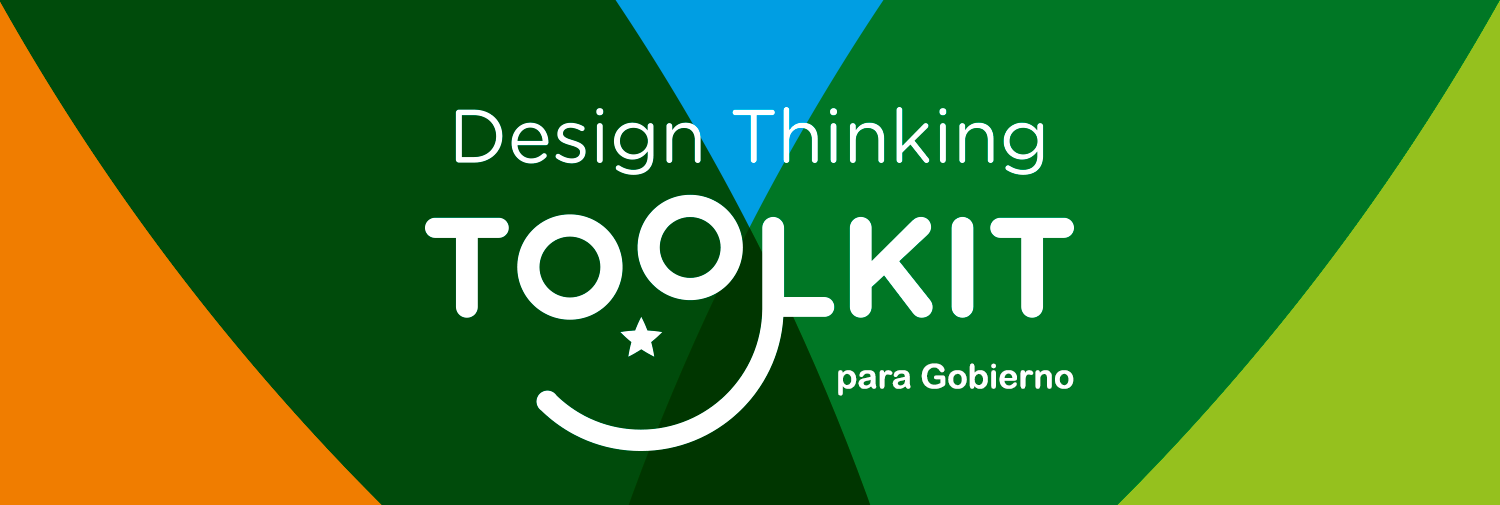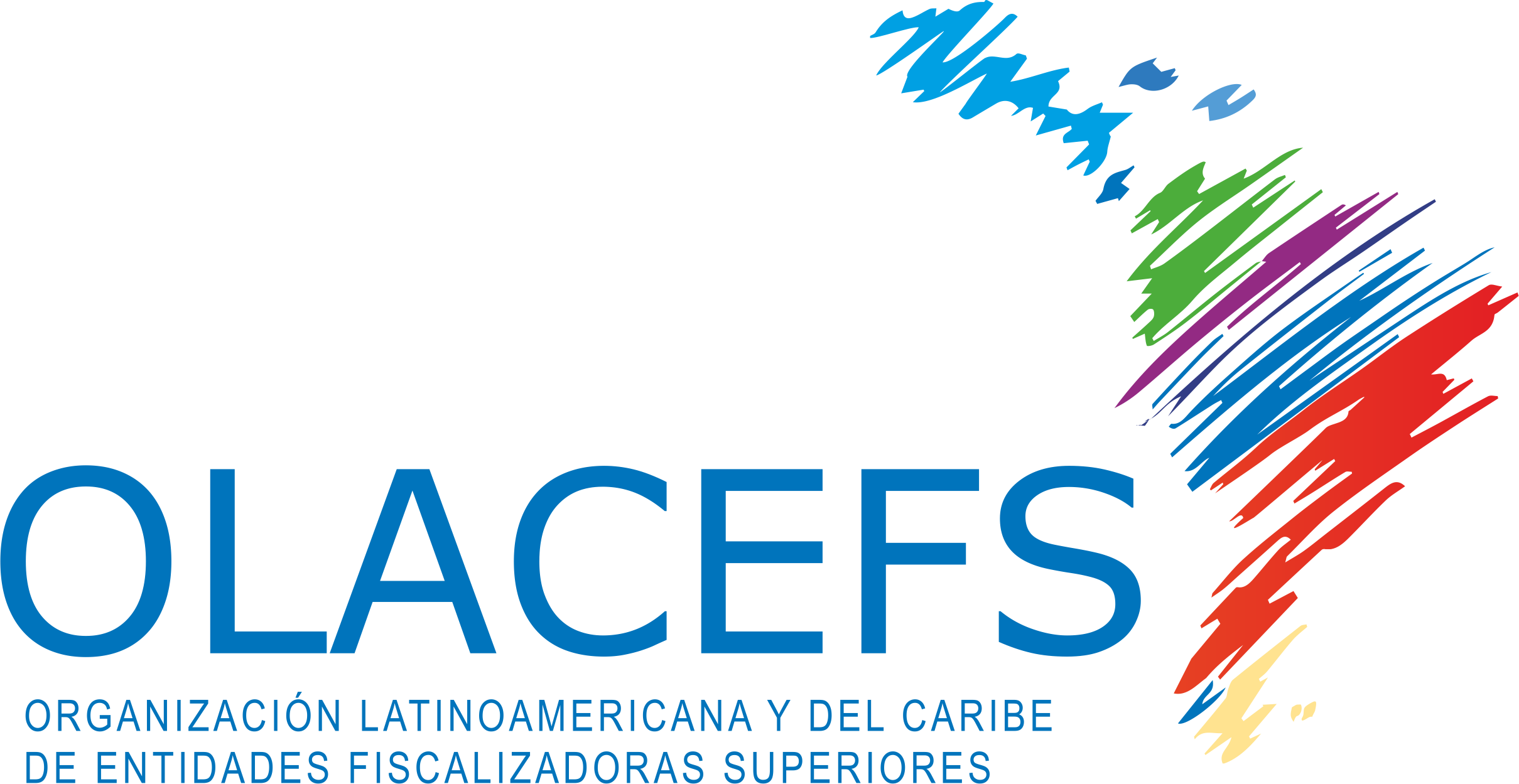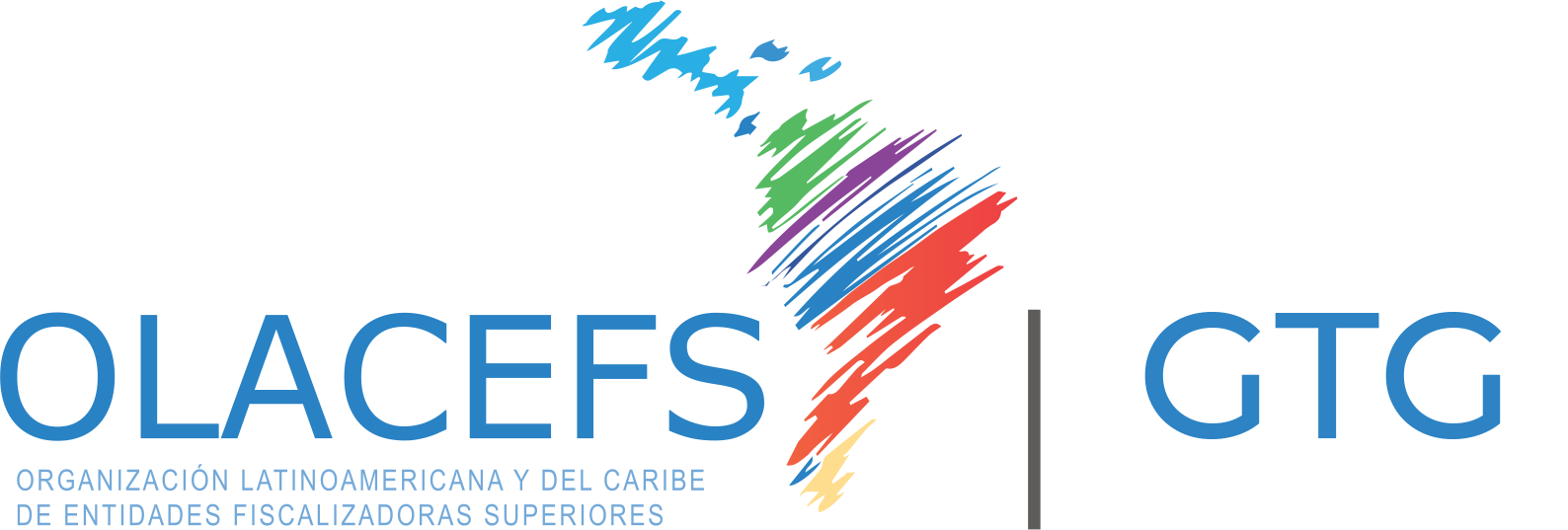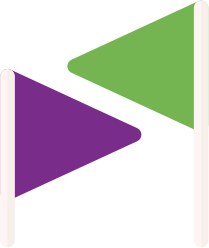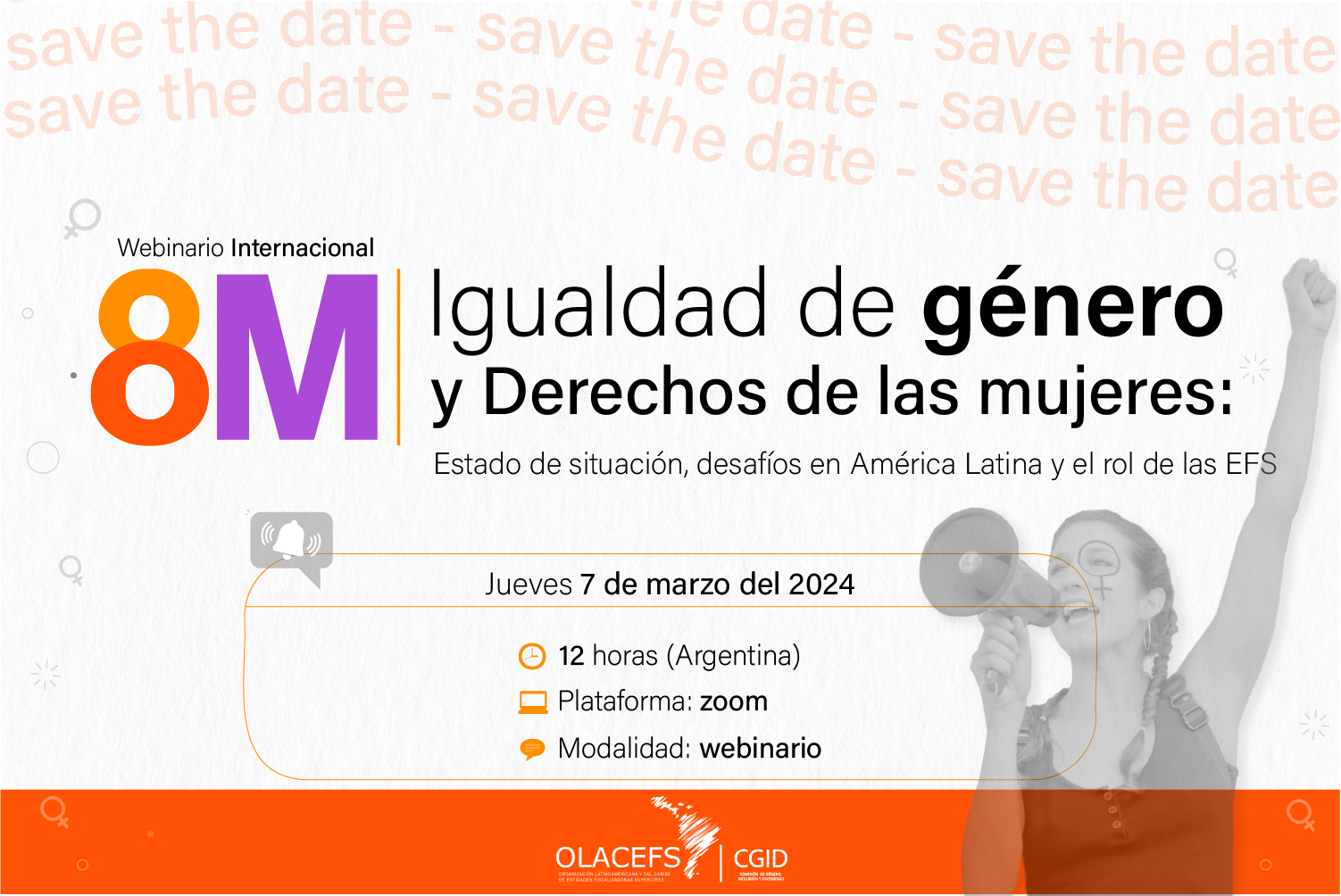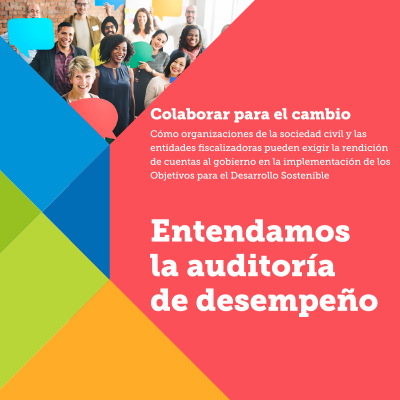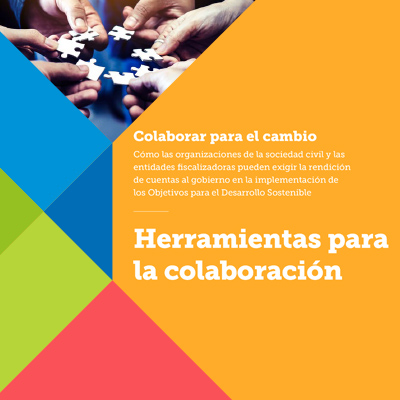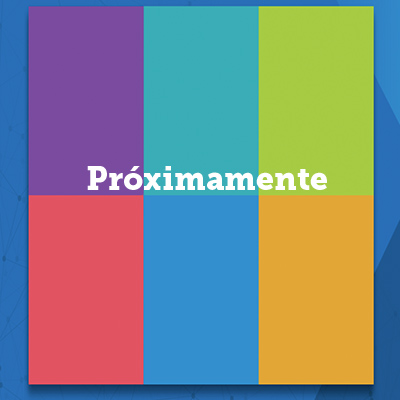The Working Group on Gender Equality and Non-Discrimination was created at the LXXI meeting of the Virtual Board of Directors of OLACEFS held on June 30th of this year by agreement 1448/06/2020.
The general objective of this Working Group is to elaborate a gender equality and non-discrimination policy that serves as a basis to be implemented in the SAIs of OLACEFS. Likewise, the Group must define, together with the SAIs concerned, the implementation of the policy, its monitoring, and evaluation, as well as the processes of feedback and exchange of good practices that can be generated around gender equality and non-discrimination.
This is a new way to demonstrate OLACEFS’ commitment to gender equity and equality. Globally, INTOSAI believes that audit entities must ensure their effectiveness, inclusiveness, and accountability. This commitment is reflected in INTOSAI’s fourth strategic goal: to strive to maximize the value of the organization, both for its member SAIs and the organization.
At the regional level, it stands as a way to operationalize strategic goal 4 of the OLACEFS Strategic Plan in that it is a way for SAIs to support the achievement of the Sustainable Development Goals (SDGs).
-
Office of the Comptroller General of the Republic of Chile -
Liaison: Daniela Santana Silva, Head of the International Cooperation and Relations Unit of the Office of the Comptroller General of the Republic of Chile
- Email: relacionesinternacionales@contraloría.cl
LAST NEWS
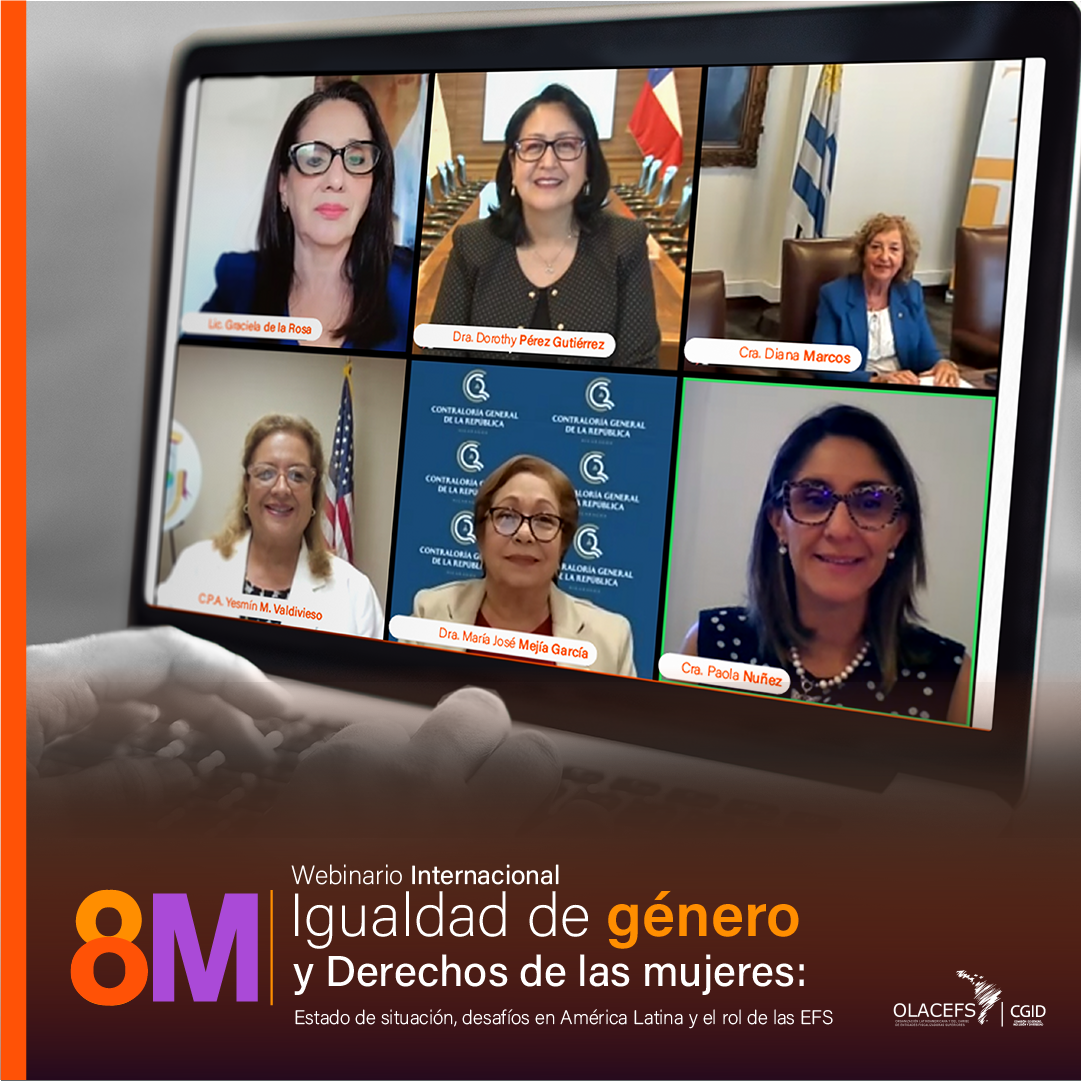
Webinario 8 de marzo – Día internacional de la Mujer
IGUALDAD DE GÉNERO Y DERECHOS DE LAS MUJERES EN AMÉRICA LATINA. COMISIÓN DE GÉNERO, INCLUSIÓN Y DIVERSIDAD. El día jueves 7 de Marzo, por la plataforma Zoom, se llevó a
IBERO-AMERICAN AUDIT ON SDG 5
This audit has been a great opportunity to engage OLACEFS’ member SAIs to analyze the state of compliance with this SDG, as well as an opportunity to exercise the purpose of acting as models of transparency and accountability in our own entities.
Indeed, OLACEFS’ member SAIs are committed to supporting the implementation of the SDGs from four approaches, one of which is to act as models of transparency and accountability in our own operations. That is why, together with the coordinated audit, we carry out an internal survey that constitutes a self-assessment on gender-related issues in our institutions.
Presentation
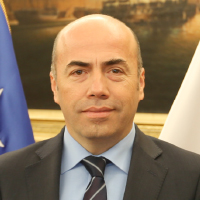
The audit that is presented today is, so far, the most successful that we have carried out in our organization in terms of participation and geographical representation
Jorge Bermúdez Soto
Executive Secretary of OLACEFS
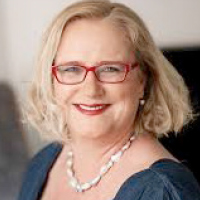
This report shows that the commitment to gender equality exists in the people of the countries of Ibero-America. It is time for governments to step it up.
Katja Iversen President and Executive Director, Women Deliver
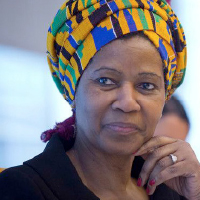
The systematic mainstreaming of the gender perspective in the implementation and monitoring of Sustainable Development
Goals is crucial.
Phumzile Mlambo-Ngcuka Under-Secretary-General/Executive Director of the United Nations Entity for Gender Equality and the Empowerment of Women (UN-Women)
Integrated Gender Index
1. Not implemented (X = 0%)
2. In Formation (0% < X <=50,0%)
3. In development (50,0% < X <=75,0%)
4. Optimized (75,0% < X <=100%)
SDG 5 in the governments evaluated
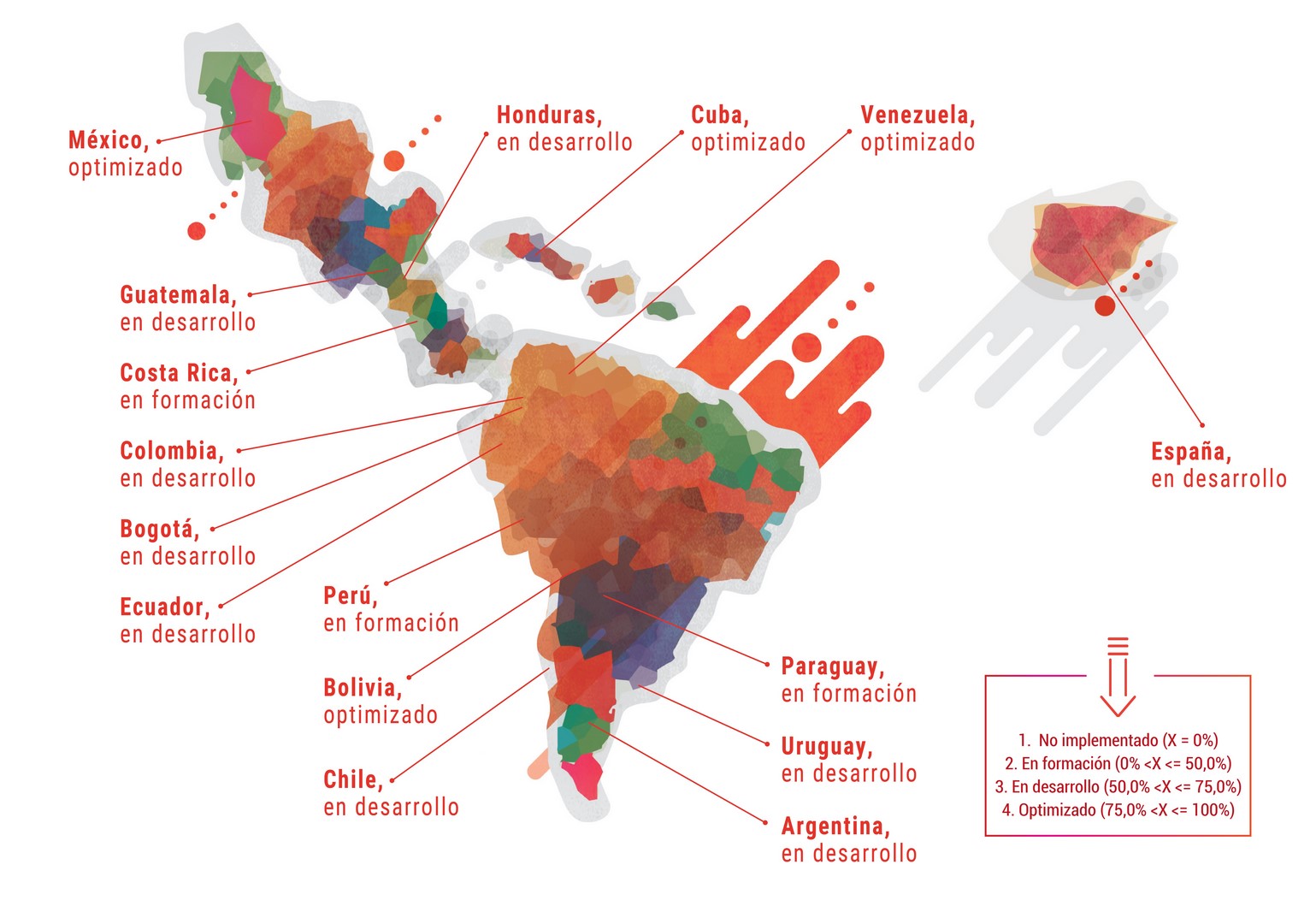
Report

Report: Ibero-American Audit on Gender Equality
In this audit, the general objective was to evaluate the preparation of governments to implement Sustainable Development Goal 5, gender equality.
This process involved 18 SAIs (16 from the continent, 1 subnational, and 1 European). Argentina, Bolivia, Brazil, Bogotá, Chile, Colombia, Costa Rica, Cuba, Ecuador, Guatemala, Honduras, México, Nicaragua, Paraguay, Peru, Spain, Uruguay and Venezuela.
The report denotes the degree of progress in the implementation of SDG 5 around the axes of planning, financing, and follow-up.
2019: Self-assessment survey on the gerder situation in the SAIs of the continent
This is an opportunity to diagnose the gender situation within the control institutions in the continent and act as models of transparency and accountability in them.
We received 4,459 responses from 22 audit entities. The diagnostic shows that the reality of Latin American control entities does not differ from that of the different countries. View here
2021: Survey on the Impact of the COVID-19 Pandemic on SAI Staff, with a gender and intersectionality approach
This report provides an overview of the impact of the COVID-19 pandemic on people working in full member SAIs of OLACEFS, particularly women, under an intersectional perspective.
The survey obtained 5,456 valid answers from 20 SAIs that allow us to diagnose the impact of social isolation on the use of time at work, and in the private sphere of staff in the SAIs of the region, as well as problems and concerns related to the pandemic, domestic and gender violence, violence, and workplace harassment. View here
Civil Society Link
Collaborating for Change: How civil society organizations and audit offices can hold government accountable for the Sustainable Development Goals.
The Canadian Audit and Accountability Foundation (CAAF), in conjunction with Women Deliver, hass been working on a series of documents that provide civil society organizations (CSOs) whit information, strategies, and tools to effectively collaborate with audit offices and oversight bodies. It can also be useful for audit offices looking to collaborate with CSOs and other stackeholders. OLACEFS is proud to have participated in this process and to have collaborate in the translation of these guides into Spanish
